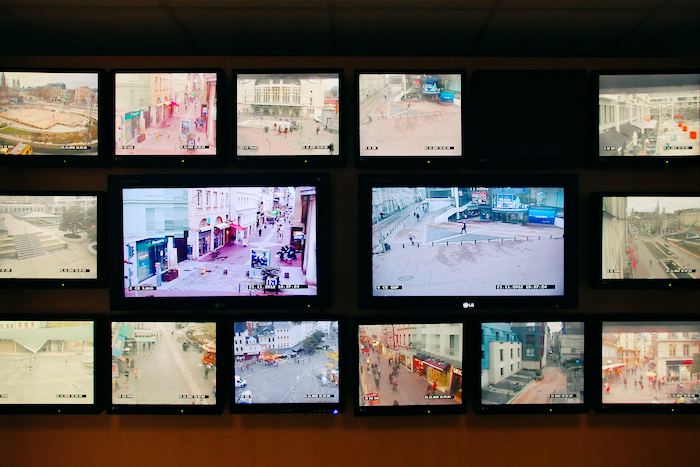Issue 21
the Week of May 18, 2015

In this issue, we explore surveillance and mental illness, and the dehumanizing effects of meritocracy. We expose the structure of beauty politics and building online resistance. Plus, radical curation as activism, race on early-stage social media platforms, and how to build widely accessible tech events. Finally, a look at how to get started in tech’s growing social justice movement. Photo CC-BY Nico Paix, cropped and filtered.
Getting Started In Tech’s Social Justice Movement
Social justice activism is one of the most empowering ways to create change in our industry.
Race and Empathy in The Age of Phone Apps
While today Twitter is one of the biggest platforms for social justice organization online, it’s important that these movements can spread on emerging platforms as well.
Organizing More Accessible Tech Events
Wide accessibility must become a part of everything we do in the tech industry, and our events are a critical part of that mission.
Radical Curation: Taking Care of Black Women’s Narratives
Radical curation has meant the validation and celebration of our existence.
The Dehumanizing Myth of the Meritocracy
Is it enough to be measured by the quality of our code alone?
Being Seen/Being Watched: Surveillance, Technology, and Madness
How is an article about surveillance by a woman who admits her madness to be taken seriously at all?
Beauty as Safety: Why #FeministsAreUgly is More Than Meets the Eye
Beauty is a litmus test for white supremacy: the closer your ability to pass as white, the better your chance of being deemed beautiful, and the further your chances from being killed.
This issue is made possible in part by some of our generous readers: Matt Adereth, Kasra Rahjerdi, O’Hara Jiménez, Cathy Zhang, Brian Kung, and Dan Peebles.






